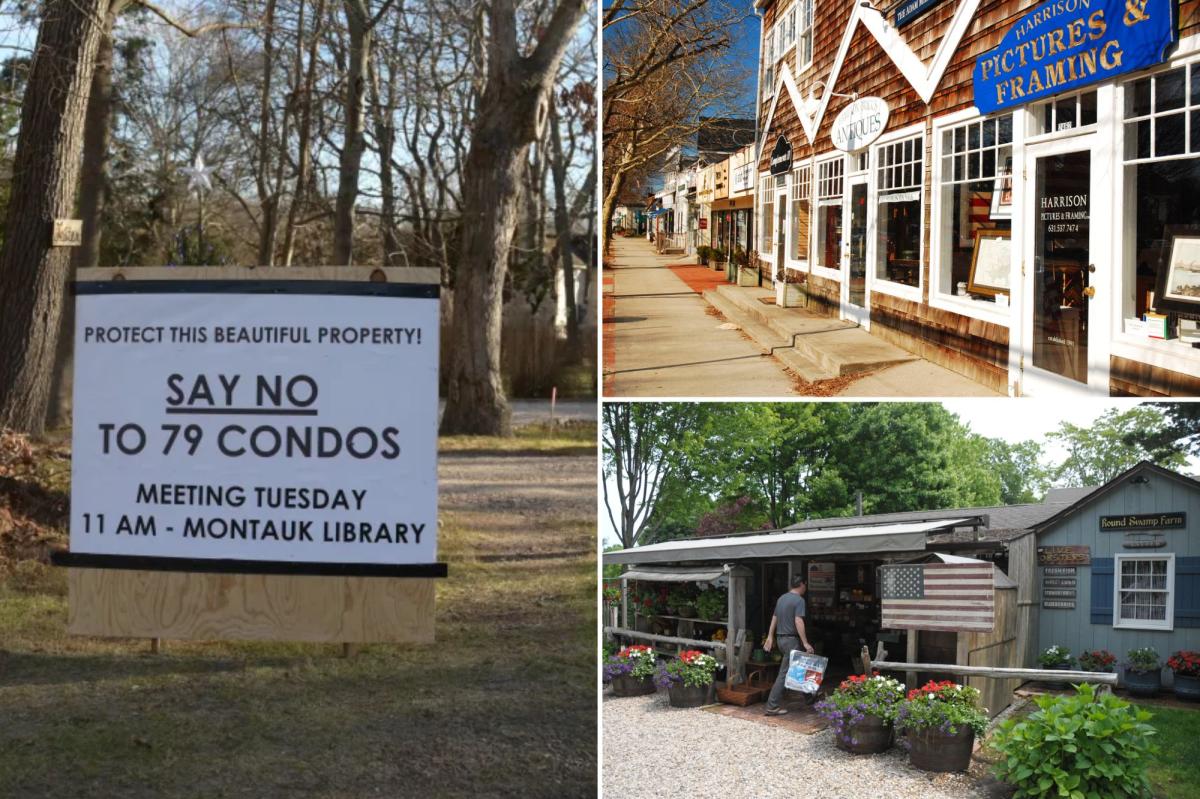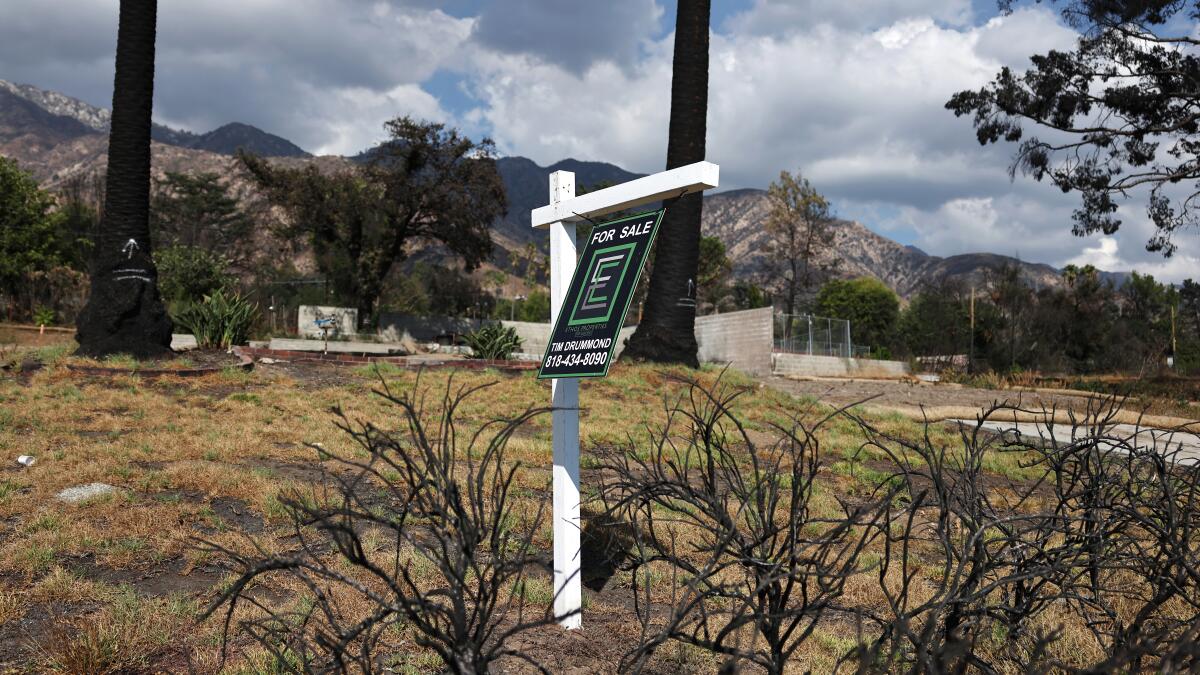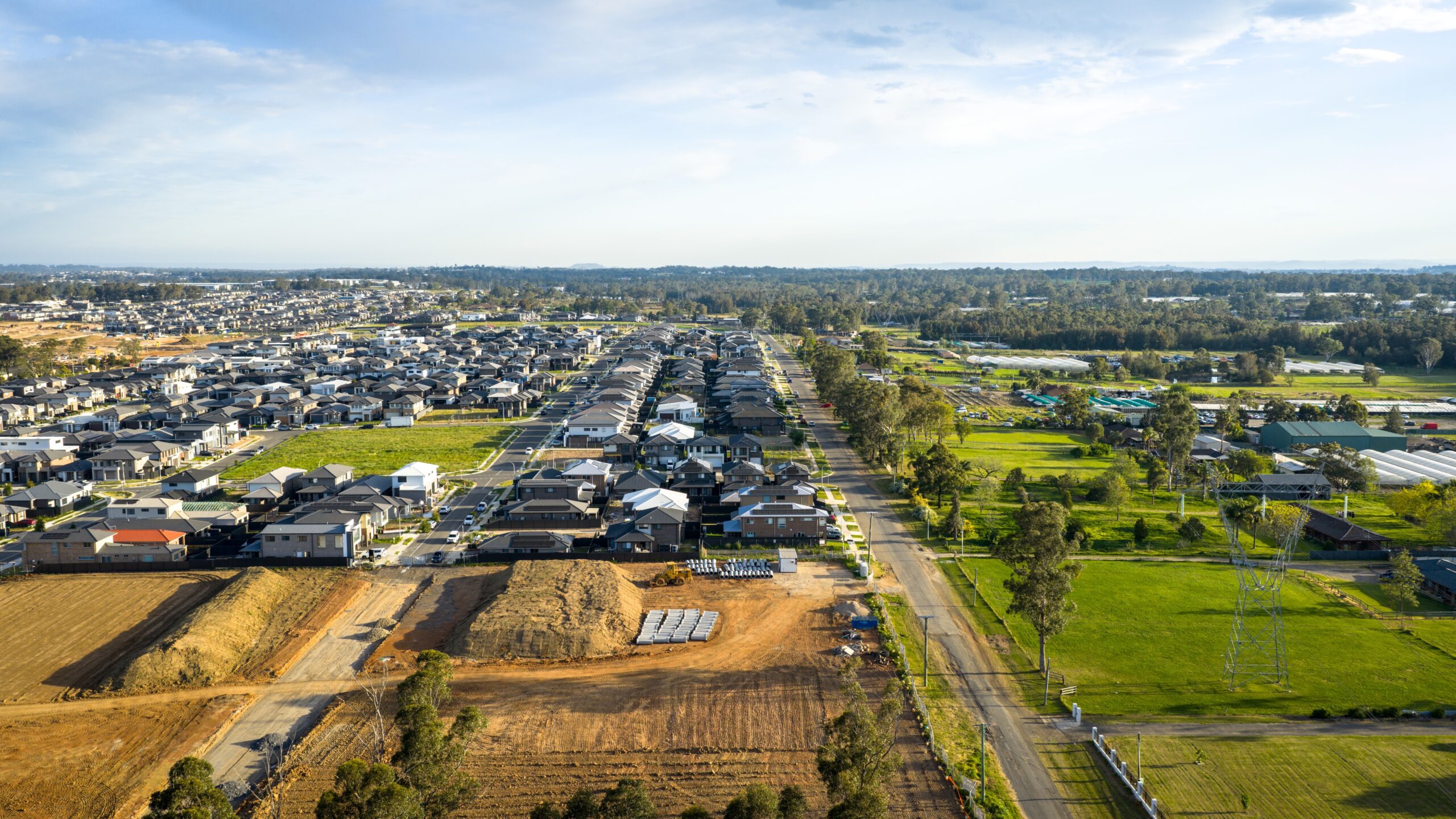M
eet the secretive investors buying up billions of dollars' worth of empty real estate, betting on a future housing boom. Despite high borrowing costs and an uncertain economy, homebuilders are cutting prices and offering freebies to keep sales moving while also staking out large tracts of land in anticipation of a market turnaround.
This strategy is made possible by "land bankers," companies that buy construction-ready land on behalf of builders and hold it until the builder is ready to start construction. This setup allows builders to control land without immediately owning it, preserving their pipeline of new developments and freeing up cash for actual building.
Land banking has become increasingly popular in recent years, with big homebuilders like Lennar buying nearly 22,000 lots from land bankers for $2.7 billion in the second quarter alone. The typical buyer is unaware of these transactions, which occur long before construction begins.
The rise of land banking could help alleviate the nation's housing shortage by allowing builders to quickly ramp up production after a soft market period. This would result in a more reliable homebuilding machine and potentially cheaper houses for buyers.
Land bankers have evolved over time, from small companies buying up remote land to large organizations like Walton Global, which has $4.5 billion in real estate assets and plans to feed 89,000 acres to builders. The lots they sell are typically ready for construction, with smoothed-over land and paved roads.
The homebuilding industry has shifted significantly over the past couple of decades, with a focus on land banking as a way to mitigate risk. Builders learned a painful lesson during the global financial crisis, when they were stuck with too much land that became less valuable when the bubble burst.
Land banking offers a measure of safety and predictability for homebuilders, allowing them to claim land without assuming all the risk. Even in soft markets, builders can rework deals with land bankers rather than walking away from their land positions.
The current market is challenging, with a glut of new homes on the market and buyers hesitant due to high mortgage rates and economic uncertainty. Builders are offering deal sweeteners and cutting prices, but this points to a bigger issue: many would-be buyers can't afford a new place, and those who can are wary of making the leap.
Builders are already starting to pull back given the softness in the market, with single-family home construction dropping 10% from last year and permits for new homes down by 8%. The true benefits of land bankers in this housing cycle are still theoretical, but they will likely help builders get their shovels into the ground more quickly when demand ramps up.
Land bankers are in it for the long haul, and when the market comes back, they'll be ready to turn the taps back on for homebuilders.















